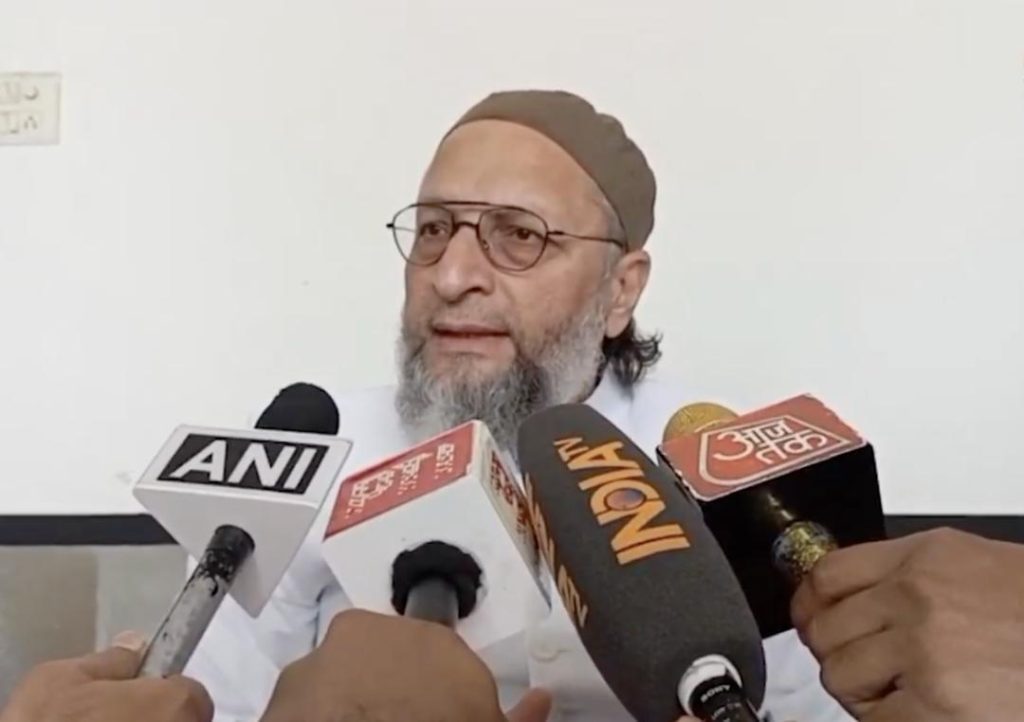
Arrest 4-5 Ministers & Go Govt is Gone: Owaisi on PM-CM Removal Bills
In a recent development, the Indian government has introduced a new bill that proposes to amend the Constitution and provide for the removal of Prime Ministers, Chief Ministers, and ministers who have been arrested for a minimum period of 30 days. The proposed bill has sparked widespread debate and criticism, with many questioning its implications on the country’s democratic system.
AIMIM chief Asaduddin Owaisi, who is known for his sharp tongue and unwavering commitment to his political ideology, has been vocal about his opposition to the bill. In a recent statement, he expressed his concerns about the potential consequences of the bill and warned that it could lead to a power vacuum in the government.
“Just arrest four-five ministers, and the government is gone,” Owaisi said, emphasizing the potential for chaos and instability that the bill could create. His statement is a stark reminder of the delicate balance of power in a democratic system and the potential for catastrophe if the wrong individuals are removed from office.
Owaisi’s concerns are not unfounded. The proposed bill would give the President the power to remove the Prime Minister and other ministers without requiring a vote of confidence in the Lok Sabha. This could lead to a situation where the government is no longer supported by a majority of the people, but still remains in power.
Furthermore, the bill’s provision for the removal of ministers who have been arrested for a minimum period of 30 days raises serious questions about the due process of law. It is well established that a person is innocent until proven guilty, and the bill’s provision for the removal of ministers who have been arrested could lead to a situation where individuals are removed from office without being given a fair hearing.
The proposed bill is also seen as a tool for the government to silence its political opponents. By providing for the removal of ministers who have been arrested, the government could use the bill to target its political opponents and silence their voices. This is a clear violation of the principles of democracy, where political opponents are supposed to have the freedom to express their views and challenge the government.
In conclusion, the proposed bill is a flawed piece of legislation that could have serious consequences for the country’s democratic system. The government should reconsider the bill and focus on more pressing issues, such as the economy and healthcare.
Asaduddin Owaisi’s statement is a stark reminder of the potential consequences of the bill and the need for caution. The government should not rush into passing the bill without careful consideration of its implications and should engage in a wider consultation with the public and stakeholders.
Sources:






